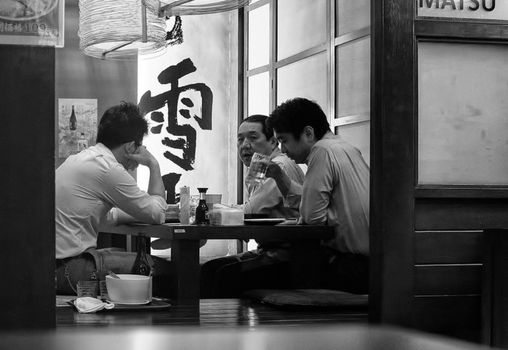Though the two political parties fight over Delhi’s alcohol policy on bitter terms, their wrangling does not seem to end. Right or wrong the fight remains politically inspired but the sale of liquor remains a tax-generating source. Any doubt? Who among us likes to handle the problems in the world these days, much less without a slight buzz on? It is not just the reality the world is collapsing but there stands the liquor policy to earn revenues.
Far away in Japan there also goes a solid attempt to utilise home drinking for bringing a boost in tax revenue. There has duly been announced a competition that calls for ways to enable home drinking there. Was the Delhi government following just the same policy? The Delhi government too wants to put a surge in its tax coffers.
According to a reference, the alcohol intake or “consumption in Japan had fallen from an average of 100 litres a person a year in 1995 to 75 litres in the year 2020.” This 25% decline in booze sales has hit hard Japan’s budget, as has been simply pointed up. It is already running a deficit of more than ¥48tn (£290bn), as news goes.
“Taxes on alcohol accounted for 1.7% of Japan’s tax revenue in the year 2020, down from 3% in 2011 and 5% in 1980.” Total revenue from the tax on alcohol in the 2020 financial year dropped by more than ¥110bn to ¥1.1tn, described in the earlier year, as the figure came up at the beginning of this month.
It was the biggest plunge in alcohol tax income in 31 years, according to the Japan Times. So, the alternative of selling more bottles appears substantial in Japan as it has not been able to bear the swift slide in its income. This remains the perfect reason behind starting the event in Japan.
